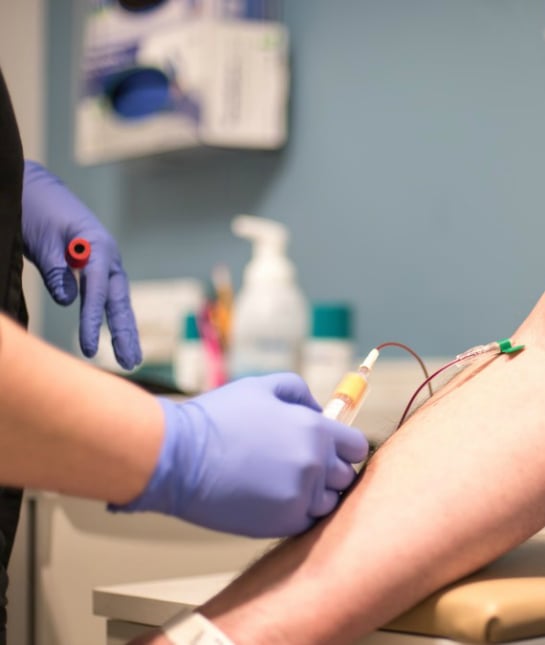
Quit Smoking

One in every four deaths in the U.S. is from heart disease. Every year, more than 700,000 people suffer heart attacks (though they aren't always fatal). In other words, heart disease is a big problem, but it doesn't have to be. There are things we can do to prevent heart disease and its consequences.
One big step is to quit smoking. Within one year of quitting, you reduce your risk for heart disease by half. After 15 years of no smoking, your risk is the same as non-smokers.
Get Regular Exercise

Regular daily exercise reduces your risk for heart disease. When making changes to incorporate more exercise, be sure you find activities that you enjoy doing, so that exercise itself doesn't become a problem. The goal is a lifestyle change.
Eat Healthy Food

Everyone has their own ideas of what healthy food is. But most everyone agrees that a healthy diet includes lots of fresh foods, especially vegetables, and lower amounts of processed sugar. Opt for foods with lots of fiber and good fats, such as fish or grass-fed beef.
Get to a Healthy Weight

Doctors recommend their patients get to a healthy weight. What that is depends on the individual. A healthy-for-you weight prevents heart disease by putting less of a strain on your heart, which is important. Bear in mind, even those who have never struggled with weight could be at risk.
Get Good Sleep

If you're getting less than six hours of sleep each night, you might be putting yourself at higher risk for heart disease, according to recent studies. Experts aren't quite sure what the connection between sleep and heart health is, but the data to get better sleep is compelling.
Manage Stress

Experts aren't sure why, but stress and heart disease are related. The effects of stress seem to heighten the other risk factors for coronary disease. It's important, in working toward heart health, to find ways to manage daily stress. Meditation, exercise, sleep, and mental and emotional support are all ways to get started.
Health Screenings

Some of the risk factors for serious heart disease are hidden, so it's important to get regular screenings to look for hidden culprits. Tests for blood pressure, cholesterol and diabetes should be part of your annual checkups. If you haven't established your baseline for these factors, talk to your doctor about getting screened.
Take Responsibility

Because heart disease is often a consequence of other health problems, like high blood pressure and diabetes, one of the best things you can do to prevent coronary problems is to take responsibility for your overall health. Know your health status and address what is needed. Accept that you may need to make changes—and that they are doable and crucial to a longer life.
Know Your Risks

The biggest risk for heart disease is age. The second biggest risk is genetic makeup. Know where you stand with each of these risks. And talk to your doctor about necessary changes.
Think About the Pills

Not every promise in pill form is good for your health. In fact, some can be downright dangerous. A part of preventing heart disease is understanding what remedies are safe and which aren't. Herbal and other supplements—pills that aren't regulated by the U.S. Food and Drug Administration or required to undergo rigorous testing—can present more of a health risk than heart disease itself. Choose your pills wisely.
Stay Informed

It's easy to Google symptoms and treatments, but be careful about the results you get. Treatments, protocols and even our understanding of the disease itself is always evolving. What's important is to stay informed, to look at the latest studies and to talk to your doctor or specialist about your health.




